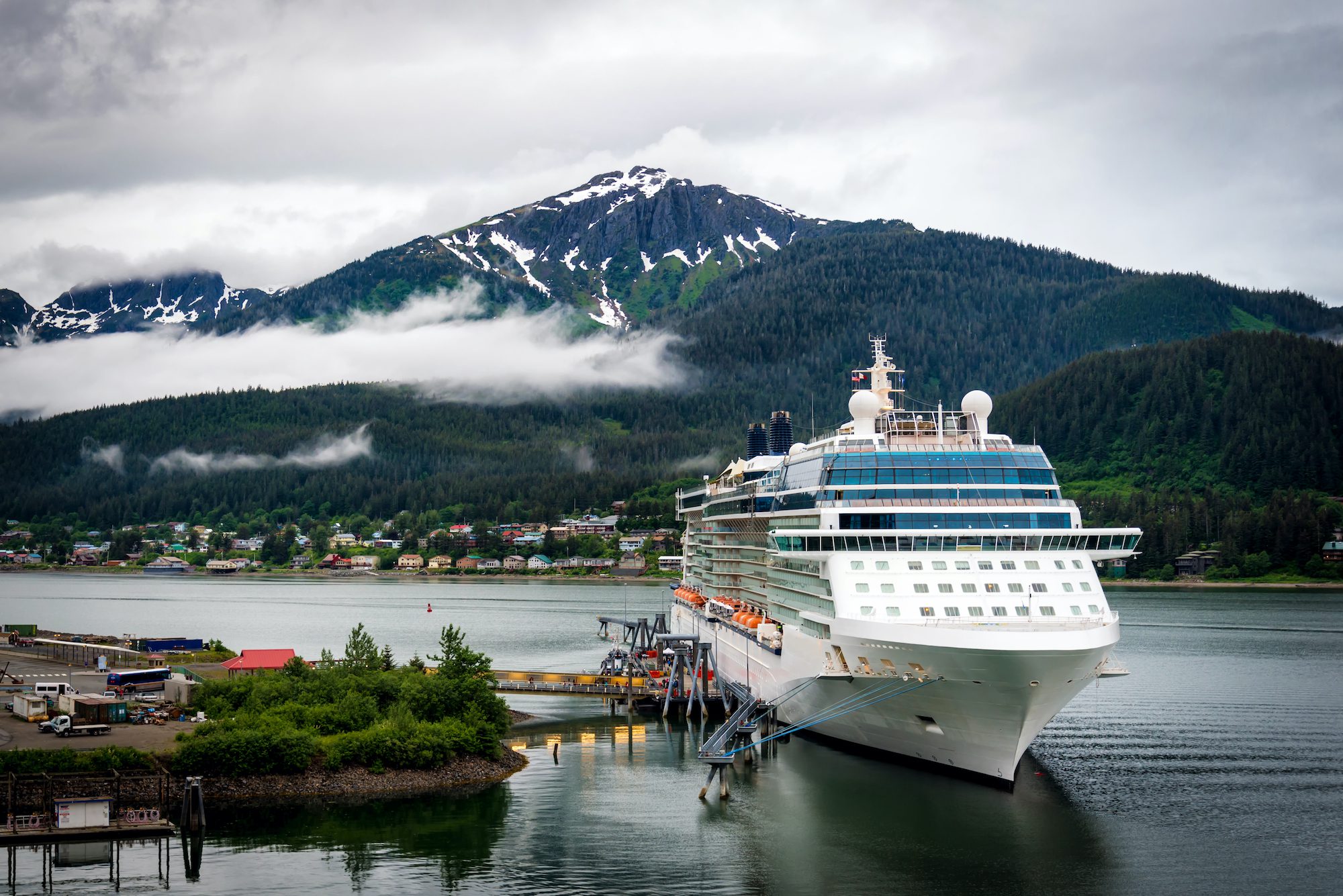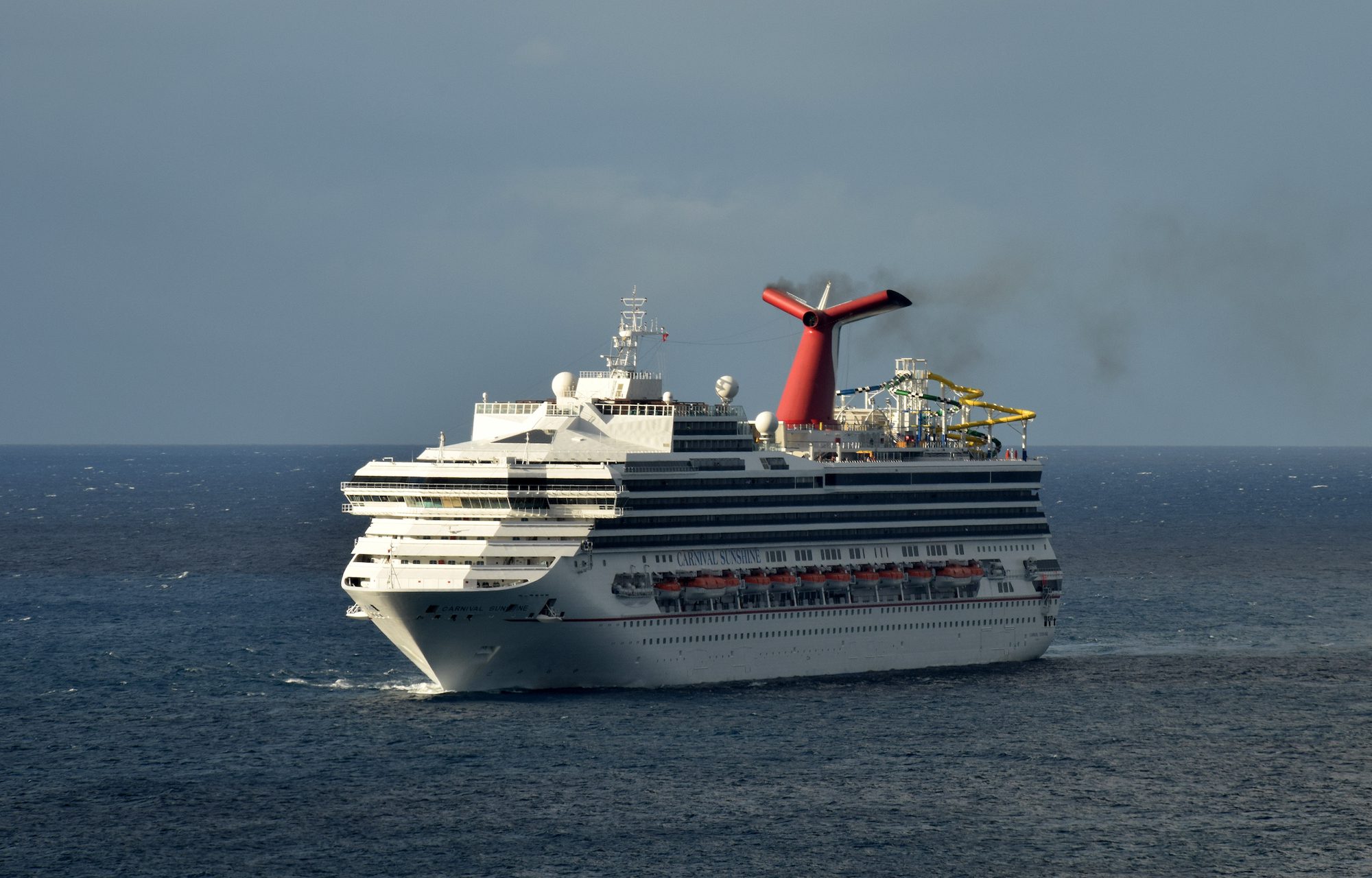U.S. Federal Maritime Commission (FMC) Commissioner Louis E. Sola issued his final report Friday from the FMC’s fact finding investigation into COVID-19 related impacts on the cruise ship industry.
Known as Fact Finding 30, the investigation focussed on identifying commercial measures passenger cruise lines can adopt to mitigate COVID-19 related impacts on the sector.
As a result of early COVID-19 outbreaks on cruise ships, on March 14, 2020 the Centers for Disease Control and Prevention (CDC) issued a No Sail Order preventing passenger cruise ships from operating. The order was extended four times prior to the CDC issuing a Framework for Conditional Sailing Order, issued in 2020, paving the way for cruise ships to return to passenger operations in Spring 2021 with strict health and safety protocols in place to prevent the spread of the virus.
The Final Report highlights the work Commissioner Sola, as the Fact Finding Officer, carried out over the course of the investigation, the importance of the cruise and related sectors to cities around the United States, and regulatory relief provided to smaller cruise lines, and all lines that serve the Alaska market.
Over the course of the two-year investigation, Solas issued six separate reports examining economic impacts to specific states and regions. One study showed that the cruise industry accounts for approximately 436,000 jobs throughout the United States, generating over $25 billion in direct spending nationwide on average prior to the pandemic.
“The passenger cruise industry is a vital economic engine for ports and cities across the United States and is an important source of jobs for Americans from all walks of life,” said Commissioner Sola. “Shutting down ships for an indeterminate amount of time had a negative economic impact on the people who rely on cruise ships for income, or the ports and communities that benefit from vessel calls. Determining what needed to be accomplished to allow ships to sail and minimize risks to passengers and crews was a priority for the Fact Finding from its first day.”
The final report also provides an update on the status of a proposed rule amending the Commission’s regulations to clarify under what circumstances and how quickly a passenger can receive a refund for a voyage cancelled or delayed by a cruise line.
“I am pleased the Commission acted on the two regulatory reform proposals I put forward resulting from my work on Fact Finding 30. The responsiveness and support of my fellow Commissioners allowed us to provide needed relief and flexibility to small, U.S. flag cruise operators serving the Pacific Northwest. Furthermore, once implemented, our changes to the Commission’s regulations on financial responsibility will benefit cruise passengers due refunds when a cruise line cancels a voyage,” said Commissioner Sola. “I am also pleased to note that our efforts identifying the significant economic influence of the cruise industry on the Alaskan economy was useful to the Alaskan Congressional Delegation in their work crafting and quickly passing the Alaska Tourism Restoration Act in response to the Canadian government suspending all cruise vessel calls to Canadian ports.”
The Alaska Tourism Restoration Act, which President Biden signed into law last May, provided a temporary waiver allowing foreign-flagged cruise ships to sail directly from Washington State to Alaska without having to first dock in Canada, as required by the Passenger Vessel Service Act, in response to Canada’s ban on passengers from docking in its waters due to the COVID-19 pandemic.
Throughout the course of his work, Commissioner Sola also repeatedly highlighted the need to vaccinate all mariners arriving in the United States who wished to be vaccinated and stressed the need to vaccinate crews of passenger vessels.
Commissioner Sola has also noted that the Director of the Centers for Disease Control and Prevention (CDC) recently affirmed that cruise ships and companies are generally subscribing to the conditional sail order that is now set to expire on January 15. Once expired, the cruise industry intends to continue its voluntary compliance with the CDC framework, and the CDC will continue to provide oversight, according to the FMC.
“Sensible and effective safety and health protocols can successfully minimize potential exposure to communicable diseases aboard a vessel, whether COVID-19 or some other pathogen. Ports and cruise lines have aggressively pursued creating the standards and infrastructure that allows ships to sail and be prepared to manage any health contingency that manifests itself. I hope to never see another no sail or conditional sail order issued,” said Commissioner Sola.
You can find Commissioner Sola’s summary of the nearly two-year effort in the final report issued today.
Sign up for our newsletter

 Join The Club
Join The Club












